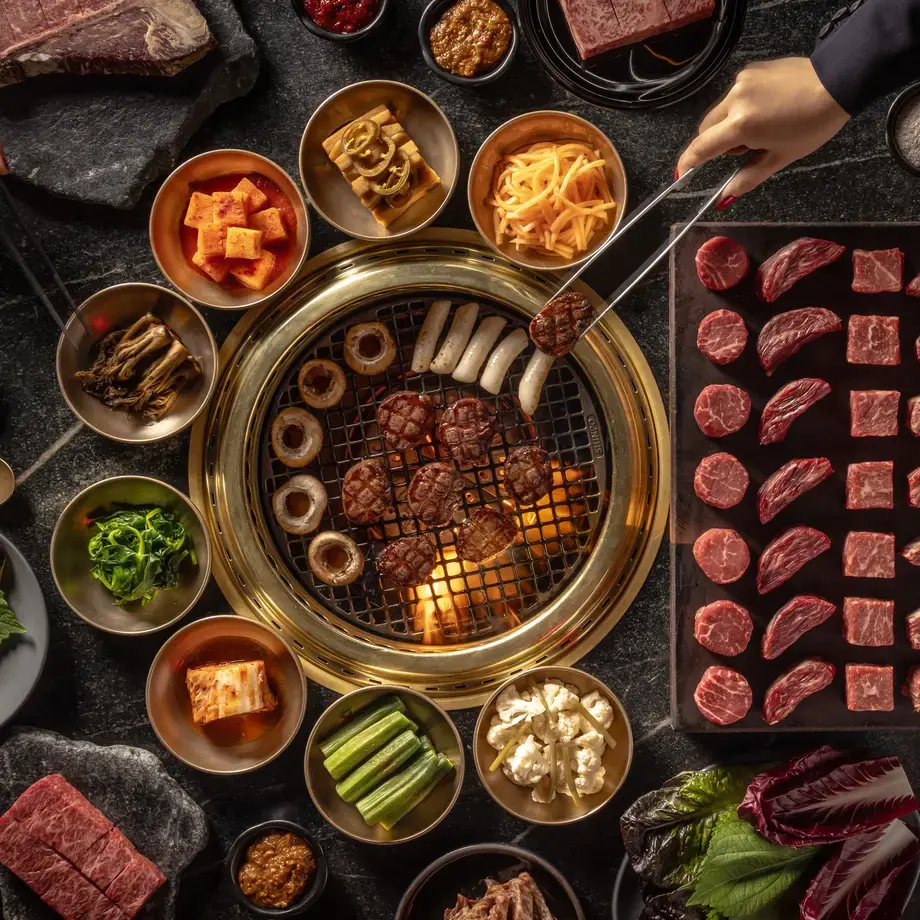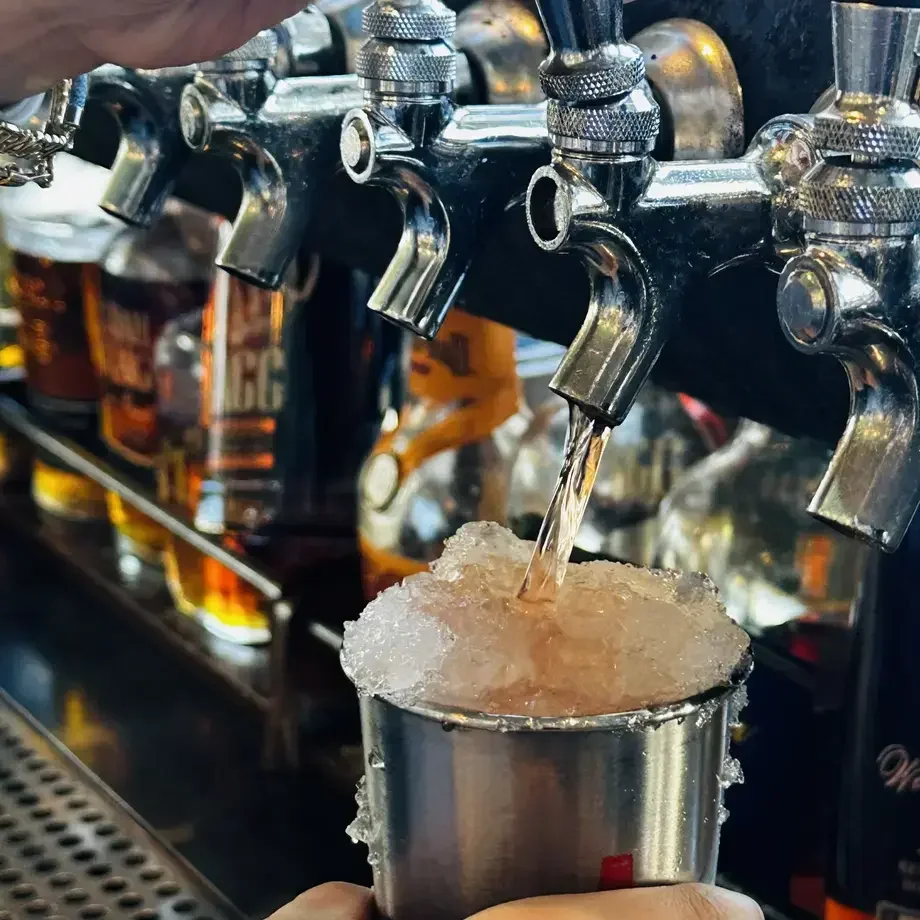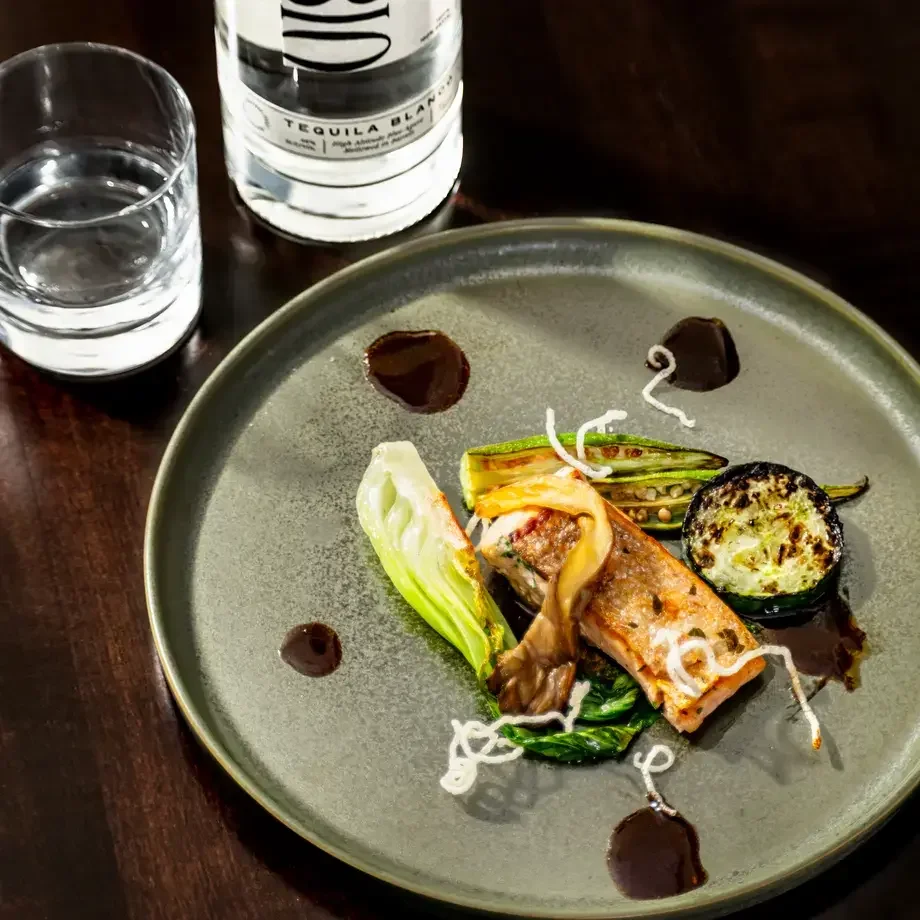The last Queen of Ancient Egypt was Cleopatra VII from the Ptolemaic Dynasty, who ruled from 51 to 30 B.C.E, confronting Roman power with a political strategy based on personal magnetism and a luxurious lifestyle. At a very young age, she became the lover of the much older Julius Cesar, before beginning a long-lasting and deep love affair with Mark Antony, which would only end with their deaths.
To the two most famous lovers from antiquity, we attribute the merit of having created one of the first gastronomic associations in history: Antony and Cleopatra gathered together the era’s most renowned gourmands, calling the group The Circle of Incomparables. The members enjoyed hunting expeditions and parties, discussions with scholars and librarians, and adventurous expeditions into neighbourhoods of ill-repute.
The discovery and translations of certain papyruses discovered in the Oasis of Faiyum, the richest in Cleopatra’s kingdom, has revealed interesting indications regarding the gastronomy of the era. The Egyptians were the precursors of the Mediterranean diet and not, as one might logically assume, the Arab diet, which is heavier with spices. They used extra-virgin olive oil, light cheeses, vegetables, legumes, grains, aromatic herbs, and enjoyed meals based around meat and fish. Thanks to the documents, we learn that at the table of history’s most famous Queen, a cultivated, intelligent woman (it’s said that she was capable of irresistible conversation), she often served stuffed pigeon accompanied by seasonal vegetables. Guests also enjoyed fava bean soup, as well as soups of barley and spelt, which usually opened the meal. Wild game often alternated with mutton. And on the most refined occasions, fish from the Nile took centre stage. Desserts consisted of delicious cakes made from figs and nuts, covered with honey. And to refresh the diners palates, tables never lacked good Greek wine and beer, a precious legacy from the Pharaohs.
Searching through their incomparable lives, there are two memorable episodes left behind by Cleopatra and Antony. The first was a wager between the two of them regarding who could host the most expensive banquet. The event, narrated by Pliny the Elder, and immortalised in numerous paintings, reveals that Antony was frantic ally hunting for the rarest and most exotic foods, and Cleopatra spent more than ten million sesterces in expensive delicacies, and in doing so, melted one of her exquisite, priceless earrings in a glass of vinegar.
The other episode recounts the daily excesses practiced in the royal kitchens of Alexandria. The scene, described by the doctor Filota to his grandfather Plutarch, talks about his visit to the court and his shock in discovering that the kitchen contained eight wild boars in various stages of roasting, because Mark Antony required that perfectly-cooked meat be available at any moment in the day, in the event that he should feel hungry or receive an unexpected visit by guests.
This story is taken from the book Tacuinum dè Eccellentissimi, ali&no publisher









